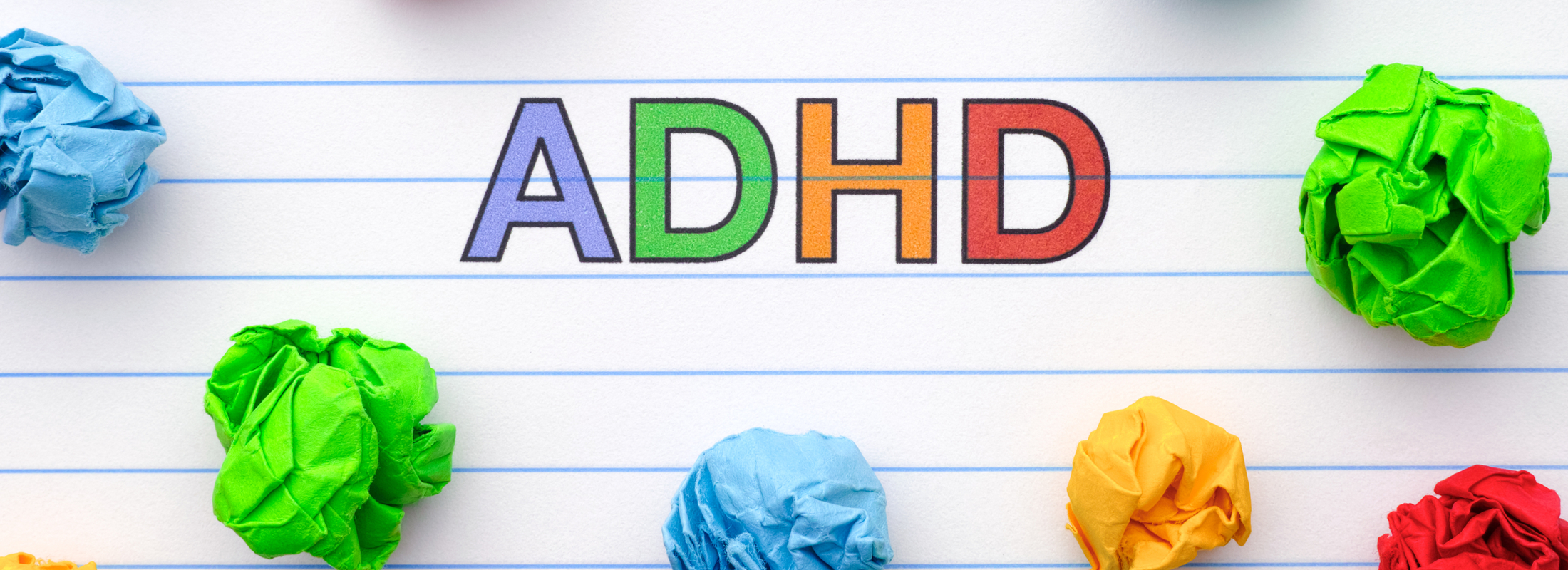
Tips to Deal With ADHD in Children
If you are the parent of a child with ADHD, you are probably spending a significant amount of time thinking about how to help your child manage ADHD. Children with ADHD often have special needs that require different approaches when it comes to parenting. With a specialized approach toward parenting, you can help your child deal with the symptoms of ADHD and grow into a healthy adult.
Here are a few options you may consider if your child is dealing with ADHD:
- Create a routine for your child’s daily activities, such as eating, sleeping, studying, and playtime. Having an essential structure can help manage the symptoms of ADHD.
- Teach your child how to manage their time well by using clocks and timers. Consider placing clocks all over your house.
- Use calendars, sticky notes, and other tools to help your child keep track of his/her activities. Break down complex activities into smaller tasks.
- Simplify your child’s daily routine by reducing the number of activities throughout the day and focusing on a few good activities for better output.
- Organize and decorate your child’s room in a way that it contains minimal distractions. Ensure that your child has a quiet place at home to do his homework, read, or take a break during the day.
- Regulate screen time for your child every day, which includes the time spent in front of televisions, computers, video games, and smartphones. This will help in reducing the number of easily accessible distractions and regulating impulsive behavior.
- Encourage your child to exercise at least once a day, as exercise helps in improving focus, controlling impulsive behavior, and decreasing the risks of depression and anxiety. Exercise helps children with ADHD burn off their excess energy in productive ways.
- Choose a sport for your child that does not involve a lot of waiting around. Opt for sports like basketball or hockey that involves constant movement.
- Encourage your child to think out loud before they can act upon their thoughts. This enables them to have better self-control and encourages them to think and reason properly before acting out, thereby decreasing impulsive actions.
- Teach your children to process their thoughts before replying to someone. In this way, they can be more thoughtful while interacting with people. Stimulate conversations with your child regularly in order to help them open up about their experience with ADHD.
- Establish a healthy ritual before bedtime so that your child can gently drift off to sleep, such as reading. Try to eliminate all stimulants from bedtime, including sugar, caffeinated drinks, and electronic devices.
When you know how to help your child manage ADHD, it becomes a lot easier for your child to deal with their symptoms. You should also seek the help of a professional therapist for further guidance and to talk about your own experience with a child with ADHD.



